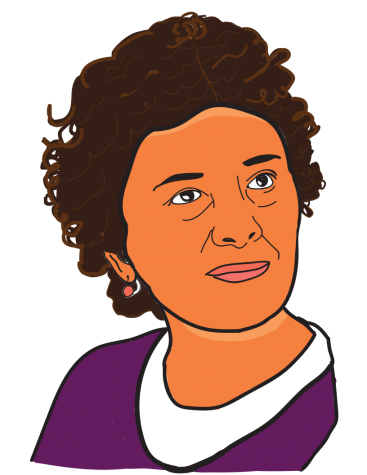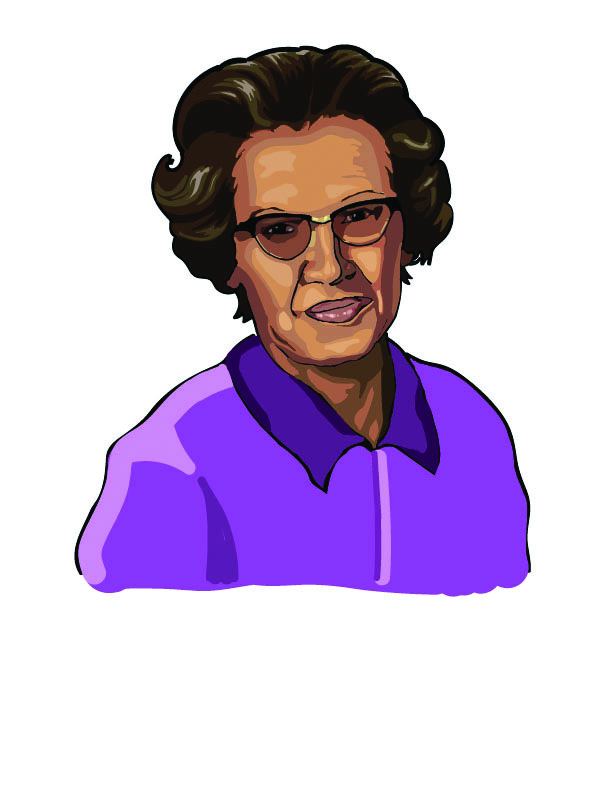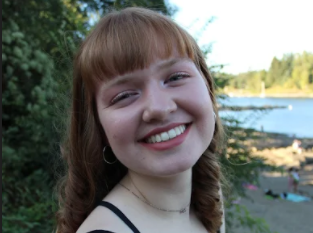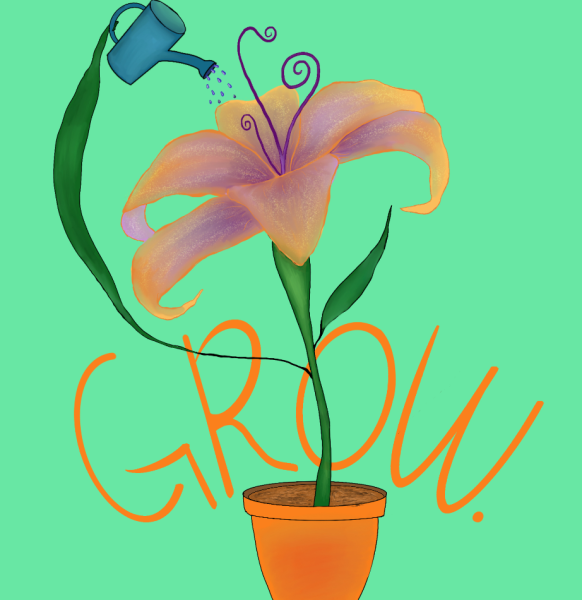Vital women in history
April 6, 2020

The feminist movement has been bigger than ever in this generation, and women are getting more and more recognition because of it, but it seems that the same women are repeatedly used as role models when there are still countless more to acknowledge. There are many renowned women from history that are still talked about today, some being Rosa Parks, Anne Frank, Mother Teresa and Hellen Keller; however, I wanted to focus on the lesser appreciated women who have changed history. History books have discussed a similar list of women and only allowed for students to learn about a fraction of the inspiring women who have changed history and thus our future.
Harriet Tubman
Although Harriet Tubman is a big name in history regarding her many efforts towards freedom, a lot of people make incorrect assumptions about what she actually did as an individual. Her early life started out full of violence; one time she was badly beaten and struck in the head with a two-pound weight, which caused her seizures and bad headaches for the rest of her life. Despite her hardships, Tubman not only escaped enslavement in 1849, but she also became a prominent conductor for the ‘Underground Railroad,’ which took fugitive slaves to safe shelters and freedom. She wasn’t formally educated but instead educated herself on the goods and evils of the world. In all her achievements, Tubman freed over 300 slaves and acquired the nickname General Tubman by many people inspired by her actions.
Katherine Johnson
Setting the tone for many mathematicians to come, Katherine Johnson was known for her immense contributions to NASA. Johnson grew up as an African American during the 1930s in West Virginia, and Greenbrier County schools did not admit African Americans, so her parents moved her to Insititute, Virginia, to enroll in high school at the age of 10. She became the third African American to earn a PhD in mathematics. Dr. John W. Davis enlisted her and two men to be the first black students at West Virginia University. In her 35-year career through NASA, she gained a reputation for mastering complex math equations and commercializing the use of computers for certain tasks. Johnson’s life was commemorated by a book that was eventually made into a worldwide film released in 2016, Hidden Figures, regarding her life and impact on the first human spaceflight. Johnson died this year on Feb. 24 at age 101, but her legacy does not die for generations of women to come.
Marie Curie
Marie Curie, often overlooked, was a prosperous chemist, physicist and pioneer who spent her life devoted to the study of radiation. Although her work evidently led to her death, she ended up saving countless lives with her extended research in science. She had a passion for knowledge and learned her ambition for studying and reading on her own after her parents died while she was young. Curie became the first ever woman to earn a Nobel Peace Prize and the first person—man or woman—to win the esteemed award twice: one for her discoveries in physics and the other for chemistry. During World War I, she organized an array of mobile X-ray machines for doctors to use. She died on July 4, 1936 due to blood disease aplastic anemia, most likely due to her constant exposure to radiation.
Clara Alegría
Clara Isabel Alegría Vides, known to some as Claribel Alegría, was a Nicaraguan-Salvadoran poet who inspired many with her writings and became known as one of Central America’s most renowned writers. At only nine months old, her father was sent into exile for protesting human rights violations in Nicaragua. Motivated by her uprooting from both Nicaragua and El Salvador, she wrote of the harsh realities and violence devastating Central America for centuries, as well as her own personal critiques of the political state as she encountered each country torn apart in the struggle for freedom. She spoke for real people that suffered miserable lives such as her father. In 1980, she exiled herself from her home country, El Salvador, when her brothers told her to not attend her mother’s funeral she avoided the country until after its civil war ended.
She wrote over 40 poems and works of fiction, and was later awarded the 2006 Neustadt International Prize for Literature as well as the Casa de las Américas Prize— considered equivalent to the Pulitzer Award. The poet died on Jan. 25, 2018 at the age of 93, but is survived by her four children and people who remember her many successes in both literature and civil rights advocacy.





